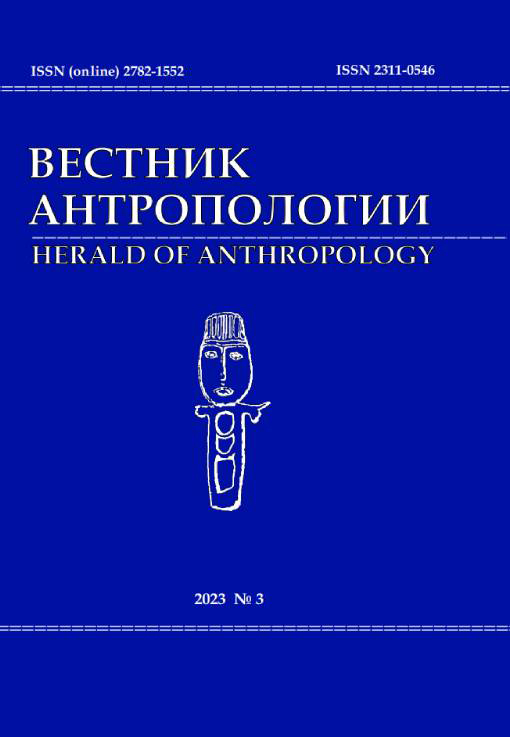Russian and Turkish Vectors of the Strategic Policy of Gagauzia in the Context of Cultural and Civilizational Orientations
DOI: 10.33876/2311-0546/2023-3/270-287
Keywords:
strategy, foreign policy, cultural and civilizational landmarks, Gagauzia, Moldova, Russia, TurkeyAbstract
The article examines the efforts made by the Gagauz autonomy to implement its strategic policy and its choice of external allies. The policy of the Gagauz authorities is based on a strategy of balancing between two vectors – Russia (historical ally) and Turkey (natural ally). The article analyzes the priorities of cooperation developed by Gagauzia. The author examines them in connection with the cultural and civilizational orientations of the Gagauz, and through the prism of the Turkish influence on the Gagauz national identity. The Gagauz people are vitally interested in the preservation of the Republic of Moldova's sovereignty, as it guarantees the existence of their autonomous entity – Gagauz Yeri. Only within the autonomy the Gagauz can develop as a separate ethnic group and maintain their exclusivity manifested through Turkic identity and Orthodox religion. It is concluded that the social and economic conditions and political situation in the region forces Gagauzia to pursue a two-vector foreign policy.





















